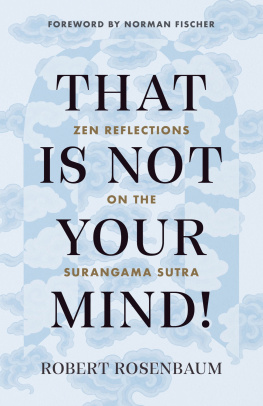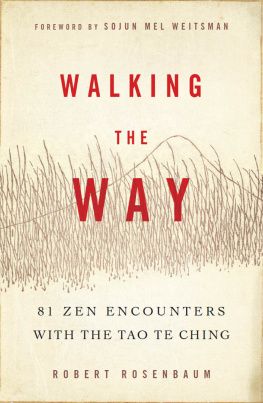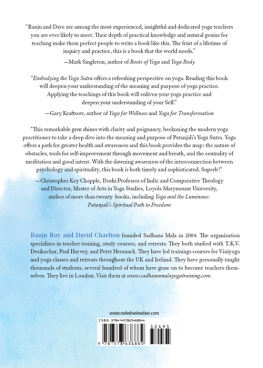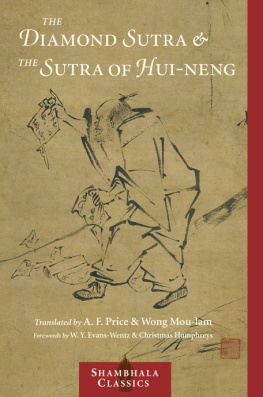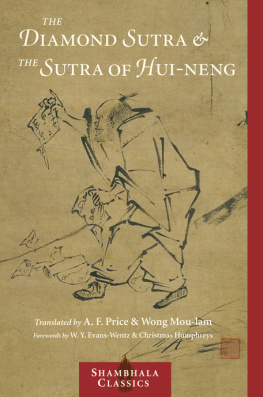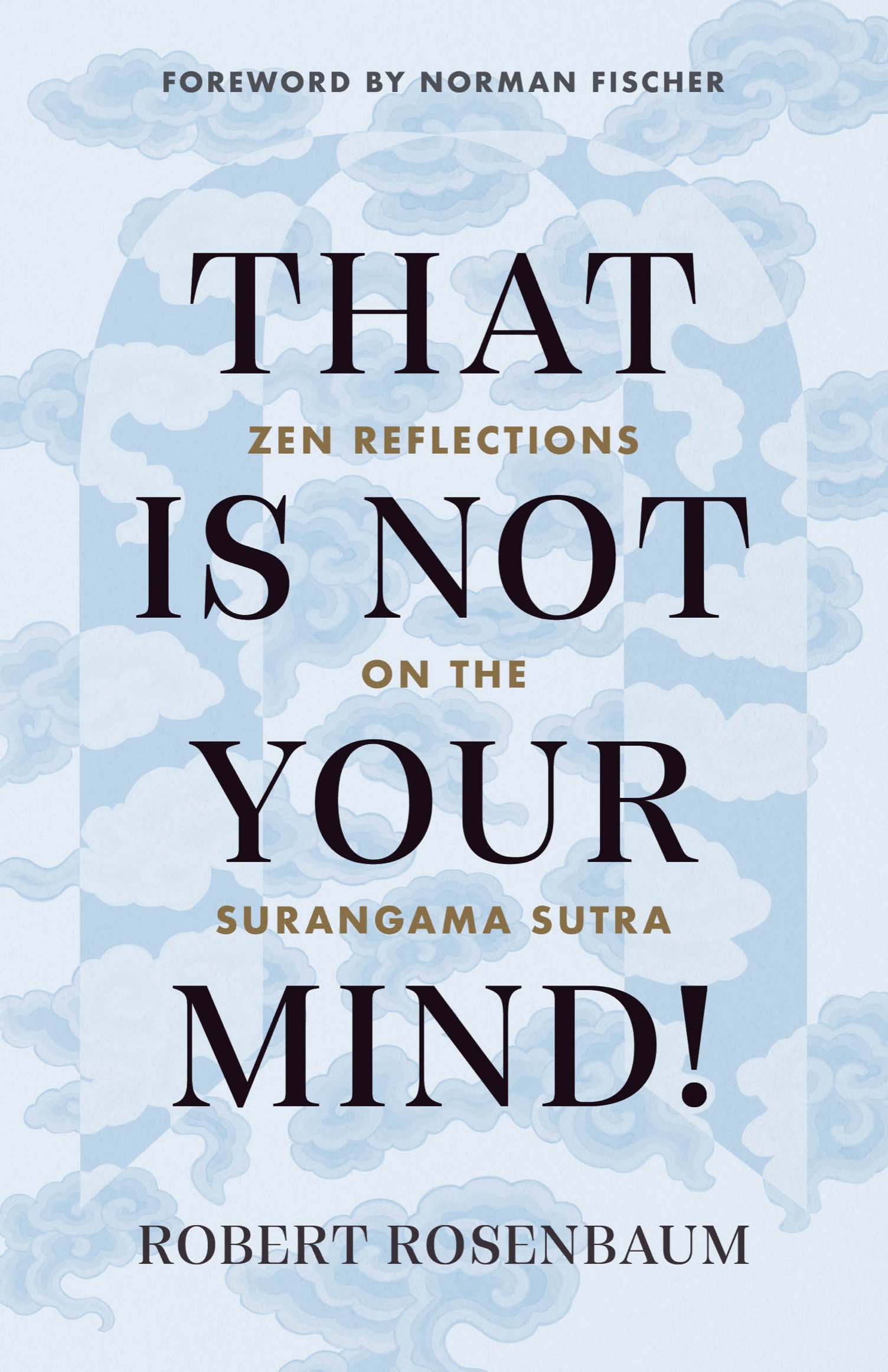Contents
Landmarks
Print Page List
Shambhala Publications, Inc.
2129 13th Street
Boulder, Colorado 80302
www.shambhala.com
2022 by Robert Rosenbaum
Excerpts from the Surangama Sutra are reprinted with permission by the Buddhist Text Translation Society.
Cover art: from Varieties of Lychee Fruit, Unidentified artist, Song Dynasty, from the Collection of A. W. Bahr, Purchase, Fletcher Fund, 1947
Cover design: Katrina Noble
Interior design: Jordan Wannemacher
All rights reserved. No part of this book may be reproduced in any form or by any means, electronic or mechanical, including photocopying, recording, or by any information storage and retrieval system, without permission in writing from the publisher.
Shambhala Publications makes every effort to print on acid-free, recycled paper.
Shambhala Publications is distributed worldwide by Penguin Random House, Inc., and its subsidiaries.
Library of Congress Cataloging-in-Publication Data
Names: Rosenbaum, Robert, author.
Title: That is not your mind!: Zen reflections on the Surangama Sutra / Robert Rosenbaum; foreword by Norman Fischer.
Description: Boulder: Shambhala, 2022.
Identifiers: LCCN 2021050383 | ISBN 9781645470793 (trade paperback)
eISBN 9780834844544
Subjects: LCSH: Tripitaka. Strapitaka. S?rarigamasamdhistraCommentaries. | LibertyReligious aspectsBuddhism. | Zen Buddhism.
Classification: LCC BQ2127 .R67 2022 | DDC 294.3/82dc23/eng/20220128
LC record available at https://lccn.loc.gov/2021050383
a_prh_6.0_140600474_c0_r0
I dedicate this book with deep gratitude
to the memory of my root teachers,
Sojun Mel Weitsman and Hui Liu Chiang.
In truth no eloquent articulation
can ever capture, quite, in art
the wonders of a plain, mundane sensation.
At a time when many people are questioning the ways in which our ideas about ourselves, others, and the world are formed, That Is Not Your Mind! is an invaluable guide, offering deep insight along the Buddhist path of self-realization. Framing the teaching of the Surangama Sutra within the context of Zen practice and everyday experiences of the contemporary world, Bob Rosenbaum draws on his years of experience as a neuropsychologist and Zen practitioner, bringing to light the fundamental teachings of how our minds come to frame our perceptions of the world.
Diane Eshin Rizzetto, author of
Waking Up to What You Do and Deep Hope
As a Zen teacher, Taoist student, neuropsychologist, and psychotherapist, my dharma brother Bob Rosenbaum brings a lifetime of training to the beloved Surangama Sutra, a seminal Mahayana text only recently available in English. With warmth, keen insight, and great clarity, Rosenbaum writes at the intersection of ancient but perennial Buddhist wisdom and his own human yearning to awaken. This Sutra of the Heroic March can now be a reliable map on our own enlightening journey.
Hozan Alan Senauke, author of
Turning Words: Transformative Encounters with Buddhist Teachers
PART ONE
Mind
nanda, what are the two fundamentals? The first is the mind that is the basis of death and rebirth and that has continued since time without beginning. This mind is dependent on perceived objects, and it is this mind that you and all beings make use of and that each of you consider to be your own nature.
The second fundamental is full awakening, which also has no beginning; it is the original and pure essence of nirvana. It is the original understanding, the real nature of consciousness. All conditioned phenomena arise from it, and yet it is among those phenomena that beings lose track of it.
PART TWO
Heart
Then the World-Honored One took pity on all the Hearers of the Teaching and on the Solitary Sages in the assembly who did not yet abide effortlessly in the fully awakened mind. He revealed the wondrous path of practice in accord with the Supreme Vehicle.
[you must] examine the resolve that is the basis of your practice that leads to enlightenment. Is this resolve identical to the awakening that will be the result of your practice, or is it not?
You must decisively let go of everything that has conditioned attributes. Carefully examine the source of your afflictions, which since time without beginning have created your karma and nurtured its growth. Who is it that creates this karma and undergoes retribution?
The Request for Dharma
PracticeWhat and Why?
Near the beginning of the Surangama Sutra, Ananda petitions the Buddha to explain the practices that enabled Shakyamuni to awaken completely. The Buddha does not answer with a meditation instruction or with a discourse on the Four Noble Truths and the Eightfold Path. Instead, he responds to Ananda with his own question: Ananda: what did you see in my Dharma which motivated you to seek enlightenment?
The Buddha said to nanda, You and I are members of the same family, and we share the affection that is natural among relatives. At the time you first made the resolve to become enlightened, what excellent attributes did you see in my Dharma that immediately led you to reject the deep familial affection and conjugal love found in the world?
nanda said to the Buddha, I saw the thirty-two hallmarks of the Thus-Come-One, which were so supremely wondrous and incomparable that his entire body shone like crystal, with an interreflecting radiance. that is why I admired the Buddha and why I let the hair fall from my head so I could follow him.
This interchange invites us to look back on our own beginnings. Unlike Ananda, few of us have seen the thirty-two hallmarks of the Thus-Come-One. What motivates us, then, to explore Buddhist practice? How did you come to pursue this path? What prompted you to look inside this book and explore the Surangama Sutra? These are good questions to return to again and again.
Were not always clear about what motivates us. This is true not just for Buddhist practice but for many of the things we do. When you look at your life, how many forks in the road did you come to intentionally via advanced planning, and how many did you (seemingly) stumble into?
Few, if any, of us come to the Dharma seeking nothing at all. In my own case, I had no coherent vision of what I was looking for. I stumbled into Buddhist practice when I was in college. I was miserable a good deal of the time, as only a late adolescent can be, and experimented with all sorts of things without any clear goals in mind. Mind-altering drugs, Freudian depth psychology, music, theater, scienceall were enticing. I had my first taste of meditation when I took a course in hatha yoga to fulfill the colleges Phys. Ed. requirement; my friends and I explored meditation after hearing Baba Ram Dass exhort us to Be Here Now and Alan Watts chuckle over Zen koans. I attended my first Zen meditation retreat in an effort to impress a woman I had met in a class on Japanese religion.
I discovered a college exchange program to study abroad in Japan and, after graduating, stayed in Japan to study shakuhachi (a Japanese bamboo flute deeply imbued with Zen aesthetics). I lived in a small Rinzai Zen monastery but became disillusioned with the competitive strivings of monks boasting about how many koans theyd solved. One day my shakuhachi teacher told me the monasterys Zen teacher was very right-wing. I was surprised. Zen teachers could be politically reactionary? Oh yes, said my shakuhachi teacher. In fact, this particular teacher had been a war criminal and, at the end of WWII, had been given a choice between a term in a Zen monastery or a prison. I felt disillusioned and left the monastery, butthough I couldnt say exactly whyI continued to meditate on my own a few times a week, exploring a variety of methods.

